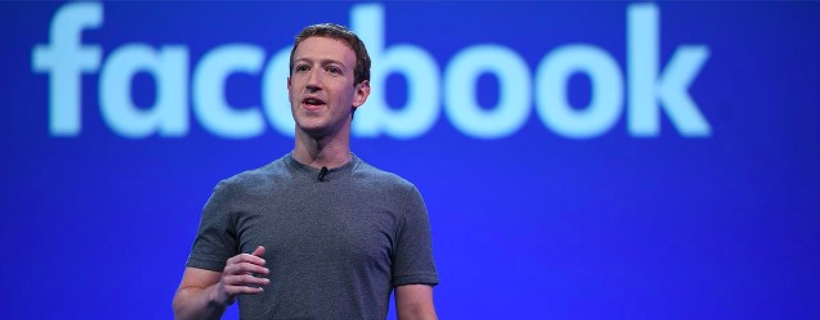Mark Zuckerberg is telling us what to believe again, this time in a WSJ op-ed “The Facts About Facebook.” Zuckerberg’s defense of Facebook’s business model is fair. Unfortunately, the article also shows we shouldn’t expect Facebook to change how it treats our valuable time and attention any time soon.
First, what in the article rings true? There’s nothing evil about Facebook’s ad-supported model. Ads have subsidized free content and services to users from radio to tv to the early internet. Zuckerberg’s point that free makes a product accessible by the masses is true. There’s also nothing inherently evil about using our data to better target ads. The logic of seeing more relevant ads offering a better experience while we use Facebook for free is fair. However, using our data conscientiously has been an issue at Facebook, most evident from the Cambridge Analytica scandal. I think Facebook realizes this. The company has already made improvements on how they handle user data and will continue to do a better job protecting users in the future. To Zuckerberg’s point, it’s in Facebook’s best interest.
Now, what in the article is false to ridiculous? Zuckerberg explores whether Facebook is incentivized to increase engagement on Facebook, even if it’s not in the best interest of users. He argues it’s important that Facebook users feel their “time is well spent,” or they won’t keep using the services longer term. He goes on to say that it would be foolish for Facebook to optimize around clickbait and other junk because it’s not what people want. This falls into the category of ridiculous; Facebook is absolutely incentivized to drive us to spend more time on its platform.
We all have a current, hedonistic self that is programmed to seek pleasure and avoid pain in the present. We also have a future, reflective self that assesses prior current selves after pain and pleasure have passed. Facebook purely plays to the current self, providing an unending stream of stimulation. It’s not that Facebook shows us clickbait or junk, it’s that most of what happens on their platform is meaningless. No one’s future self feels glad that the two-minute session they intended to spend on Facebook turned into thirty because the company was so good at predicting how to keep their current self stimulated.
If Facebook truly cared about time well spent, they would tell users to turn off the app right after they get the most meaningful updates, two minutes in. It’s foolish for Zuckerberg to suggest that Facebook could ever truly respect our attention to this degree without significantly hurting the company’s revenue machine.
The other point Zuckerberg makes that leans toward ridiculous is that harmful and divisive content remains prevalent on the platform because their AI and human systems aren’t yet good enough to police it. He states that, “People consistently tell us they don’t want to see this content,” embedded in which is the answer to the problem: let users have more control over the content they see.
We’ve previously written that users should have the ability to turn off certain content categories like politics or to only see news articles that come from verified news sources. Identifying political content and the veracity of news sources are trivial tasks, but ceding control of what users see is not a trivial adjustment for Facebook. I don’t think Facebook likes having negative content on their platform, but again, if they cared, there’s an easy solution to address the problem. I think Facebook just likes the idea of giving up control of what it shows users on their timeline less.
Facebook remains stuck in a difficult but entirely self-inflicted negative sentiment cycle. Zuckerberg’s WSJ defense won’t be the last we hear from him or the company about the merits of Facebook. Even though the company has improved its handling of consumer data, it’s hard to trust Facebook’s motives. We’ll know how genuine Zuckerberg is when Facebook starts treating our time as carefully as it treats our data.
Disclaimer: We actively write about the themes in which we invest or may invest: virtual reality, augmented reality, artificial intelligence, and robotics. From time to time, we may write about companies that are in our portfolio. As managers of the portfolio, we may earn carried interest, management fees or other compensation from such portfolio. Content on this site including opinions on specific themes in technology, market estimates, and estimates and commentary regarding publicly traded or private companies is not intended for use in making any investment decisions and provided solely for informational purposes. We hold no obligation to update any of our projections and the content on this site should not be relied upon. We express no warranties about any estimates or opinions we make.
